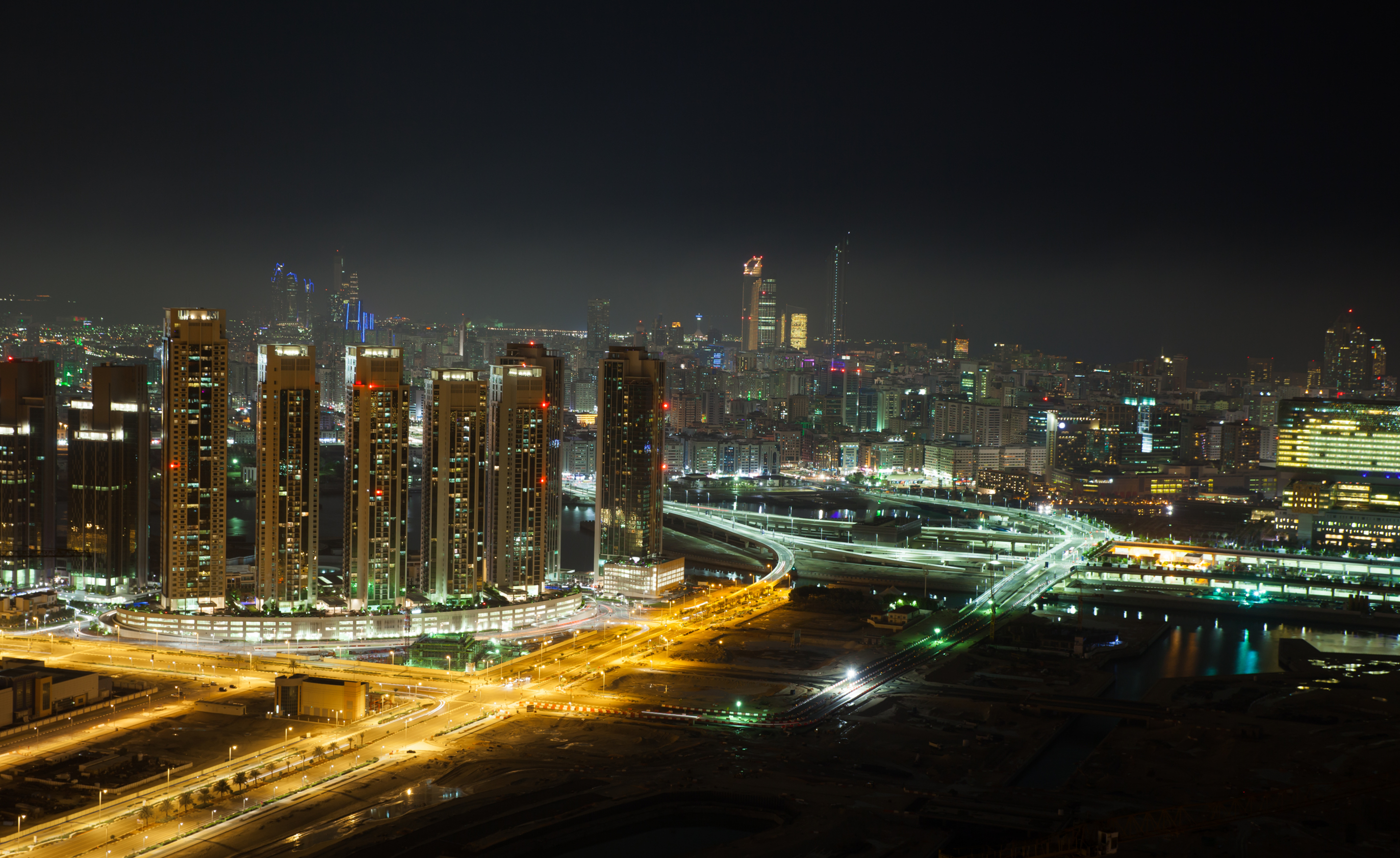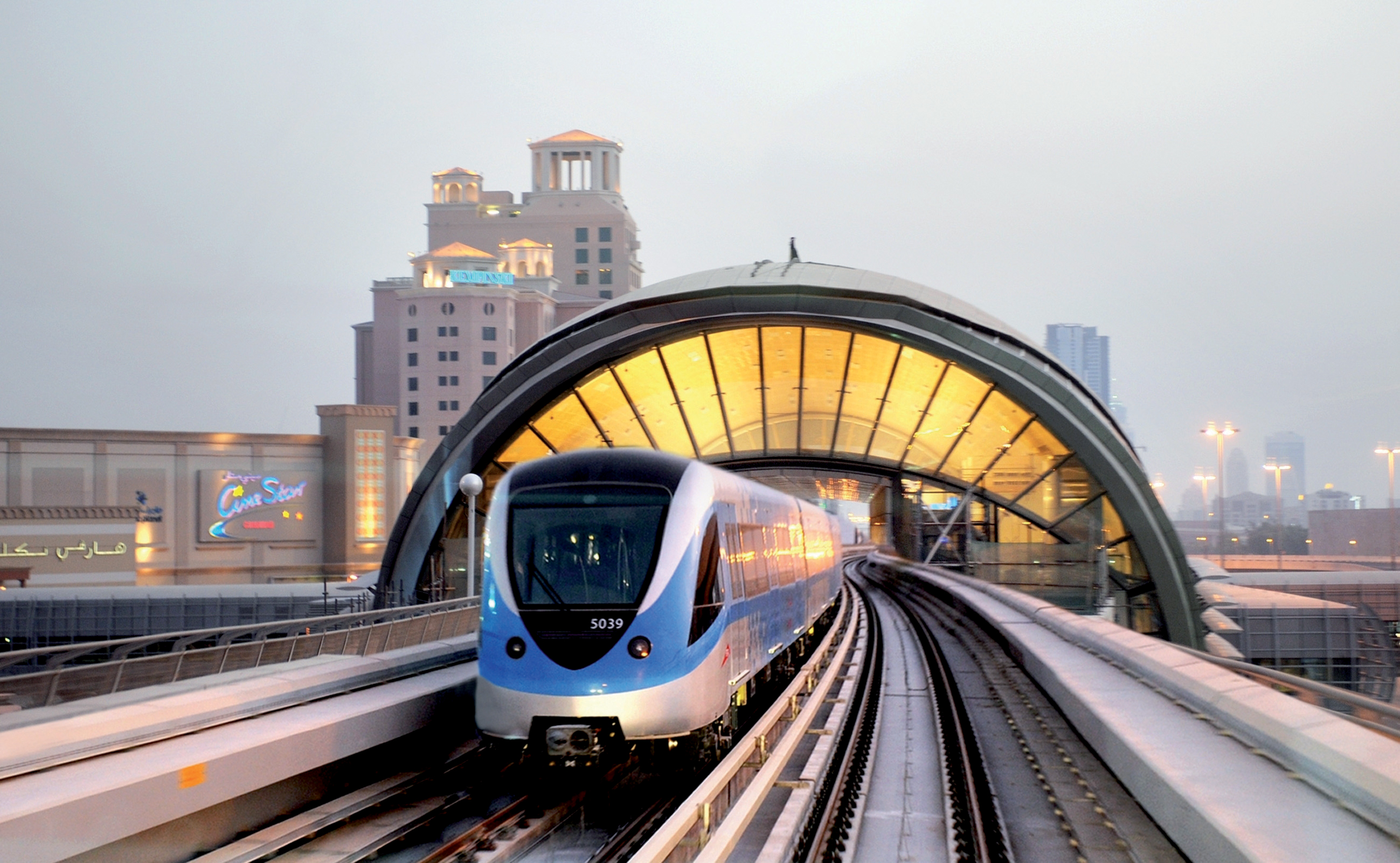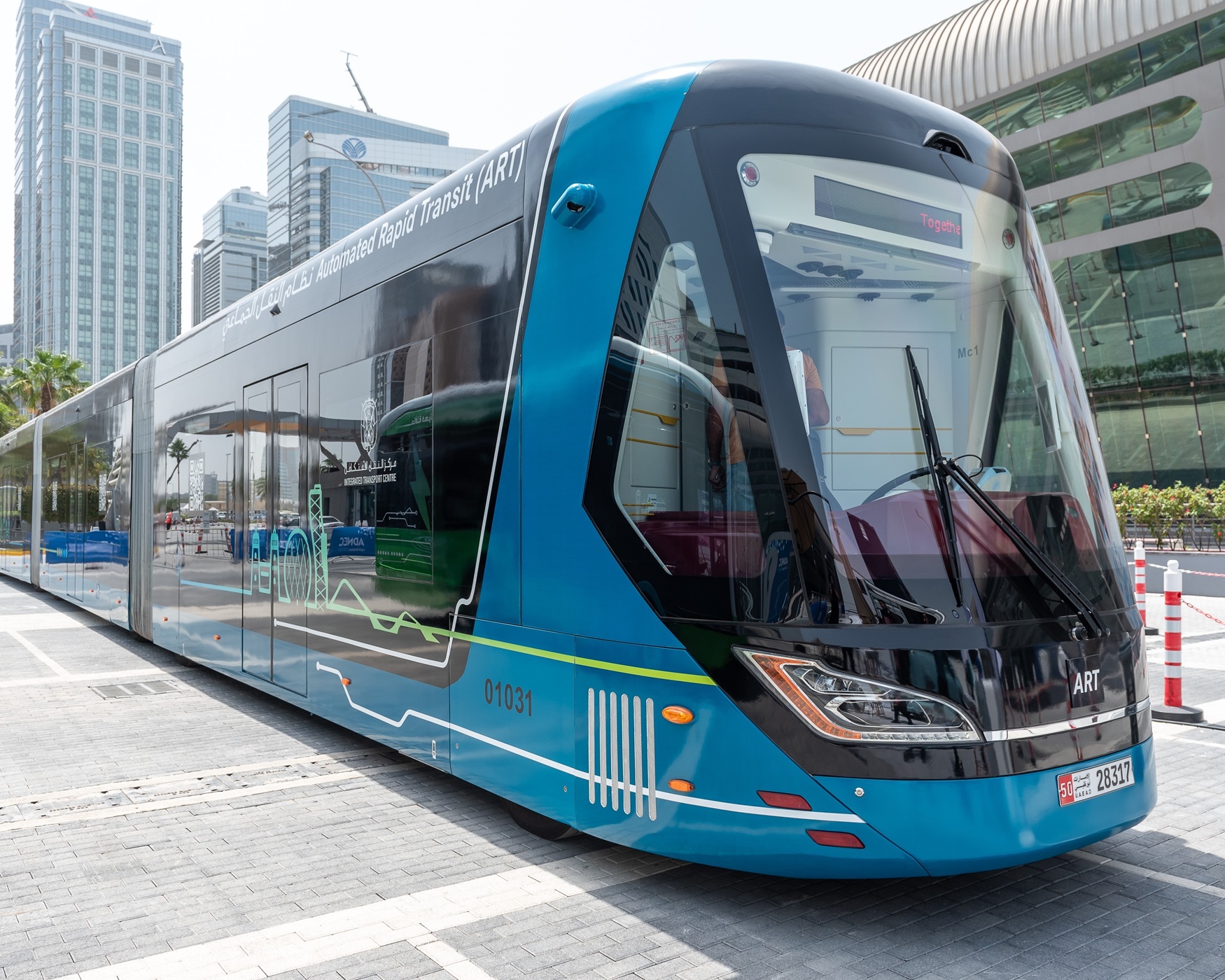The new public transport plan for Abu Dhabi in the UAE will consist of bus rapid transit (BRT) and two light-rail tram lines, while the planned 130-km railway network has been shortened to 70-km, according to the department of transport (DoT). The first phase of the metro railway is expected to operate by 2020 and it will cover 18km. The metro trains will travel at 80 to 100 km per hour. There will be two light railway lines that cover 40km that will travel at an average speed of 20 km per hour and the BRT
The new public transport plan for Abu Dhabi in the UAE will consist of bus rapid transit (BRT) and two light-rail tram lines, while the planned 130-km railway network has been shortened to 70-km, according to the 1830 Abu Dhabi Department of Transportation (DoT).
The first phase of the metro railway is expected to operate by 2020 and it will cover 18km. The metro trains will travel at 80 to 100 km per hour. There will be two light railway lines that cover 40km that will travel at an average speed of 20 km per hour and the BRT with dedicated bus lanes is scheduled to operate in 2016. The light railway system is expected to be completed in 2018.
Abu Dhabi DoT predicts that the public transport system will handle 823,000 passengers per day and save 102 million hours of travelling time a year by 2030. The monetary value of travelling hours saved is estimated at US$1.03 billion and the number of accidents will be reduced by 23,000.
The first phase of the metro railway is expected to operate by 2020 and it will cover 18km. The metro trains will travel at 80 to 100 km per hour. There will be two light railway lines that cover 40km that will travel at an average speed of 20 km per hour and the BRT with dedicated bus lanes is scheduled to operate in 2016. The light railway system is expected to be completed in 2018.
Abu Dhabi DoT predicts that the public transport system will handle 823,000 passengers per day and save 102 million hours of travelling time a year by 2030. The monetary value of travelling hours saved is estimated at US$1.03 billion and the number of accidents will be reduced by 23,000.











